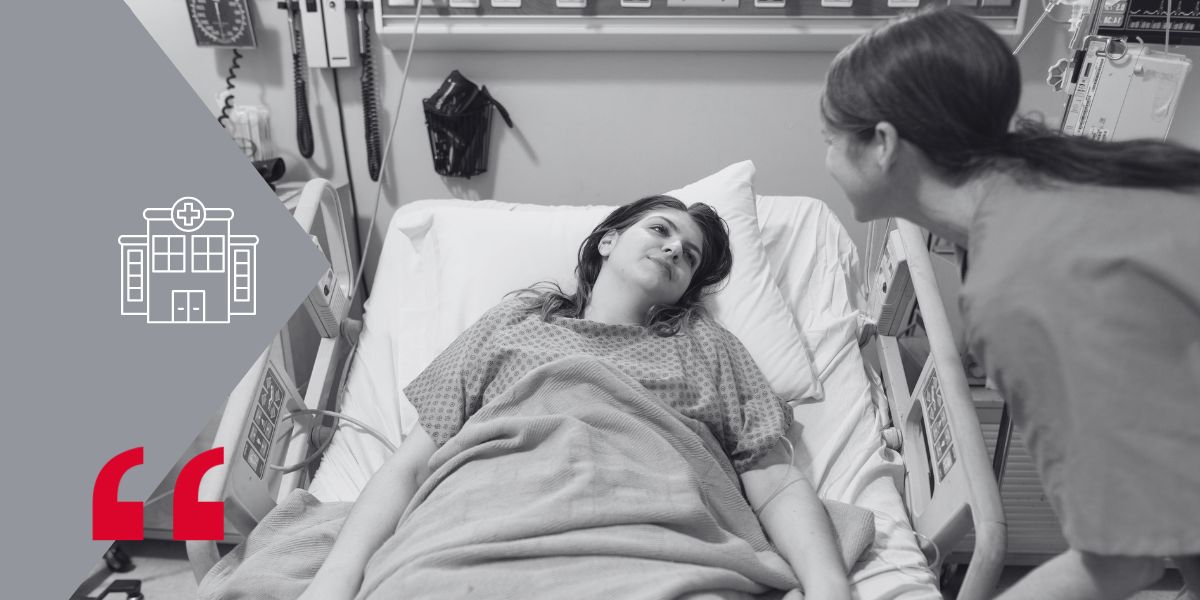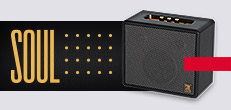In the fast-paced world of healthcare, efficiency and accuracy are essential to deliver quality patient care. In this context, the implementation of a patient-nurse call system emerges as an innovative solution that revolutionises the way patient care is managed and monitored in hospital settings.
Discovering efficiency with the patient-nurse system
Imagine a hospital environment where communication flows seamlessly, where every patient receives personalised and timely care, and where medical staff are synchronised in real time to provide the best possible care. This vision becomes a tangible reality with the implementation of a patient-nurse call system.
Benefits of a patient-nurse system
- Improved communication and coordination: One of the biggest challenges in hospital environments is effective communication between medical staff and patients. With a patient-nurse call system, critical information is shared instantly, enabling optimal coordination between nurses, doctors and other healthcare professionals. This improved communication translates into faster, more accurate care, reducing errors and improving patient outcomes.
- Reducing errors and risks: Medical errors are a major concern in any healthcare setting. By integrating advanced recording and tracking technologies, the patient-nurse call system helps minimise the risks associated with incorrect medication administration, patient misidentification and other common errors. This reduction in medical errors not only improves patient safety, but also protects the hospital’s reputation and credibility.
- Personalisation of care: Each patient is unique and requires an individualised approach to care. A patient-nurse call system allows for easy recording and access to each patient’s medical information, including history, allergies and current treatments. This facilitates personalisation of the care plan according to each individual’s specific needs, resulting in a more satisfying care experience and improved clinical outcomes.
- Optimisation of time and resources: Operational efficiency is critical in any healthcare institution. A patient-nurse call system automates administrative tasks and provides real-time information on bed availability, patient status and care needs. This allows for more efficient allocation of resources and more effective workload management, resulting in reduced waiting times and increased productivity of medical staff.
- Increased operational efficiency: The implementation of the patient-nurse call system optimises hospital workflows by automating routine tasks such as task assignment and nurse workload management. This frees up time for nurses to focus on higher-value tasks, such as direct patient interaction and clinical decision-making. In addition, by providing quick access to patient information, from their medical history to recent test results, the patient-nurse system reduces time spent searching for data, resulting in more efficient and accurate care.
- Patient safety: Patient safety is a top priority in any healthcare environment. A patient-nurse call system helps reduce the risks associated with medication administration by alerting to potential drug interactions, incorrect dosages or known allergies. In addition, the constant monitoring capability provided by these systems helps to detect early signs of patient deterioration, allowing for quick and effective intervention.
- Enhancing the patient experience: Patient-centred healthcare is not only about effective treatments, but also about providing a warm and welcoming environment. A patient-nurse call system contributes to a more positive patient experience by reducing waiting times, improving communication with medical staff and ensuring personalised and timely care. This not only increases patient satisfaction, but also strengthens the hospital’s reputation and credibility.
- Data collection for continuous improvement: The implementation of the patient-nurse call system not only benefits patients and medical staff in the present, but also lays the foundation for continuous improvement in the future. By collecting and analysing real-time data, hospitals can identify trends, detect areas for improvement and make informed decisions to optimise their healthcare processes and protocols.
- Promoting patient autonomy: By encouraging greater patient involvement in their own care process, the patient-nurse call system promotes autonomy and responsibility. By providing detailed information about their condition and treatment options, patients become more empowered to make informed decisions about their health. This not only improves patient satisfaction, but can also contribute to better long-term outcomes by promoting greater adherence to treatment and medical follow-up.
- Regulatory compliance: In a regulated environment such as the healthcare sector, regulatory compliance is critical. The patient-nurse call system facilitates accurate documentation and reporting, ensuring that hospitals comply with the standards and regulations set by healthcare authorities. This not only protects patients, but also safeguards the reputation and credibility of the medical institution.
Conclusion
Implementing a patient-nurse call system represents a significant step towards transforming modern healthcare. From improving communication and coordination to optimising the use of resources and enhancing the patient experience, the benefits are undeniable. It’s time to embrace innovative ideas and move towards a future where efficiency and quality come together to deliver exceptional care.
At Fonestar, we have developed a specialised public address solution for healthcare facilities to improve medical service. Find out how we can help you successfully implement a patient-nurse system in your institution. Take advantage of these benefits and improve the quality and efficiency of your medical care!





